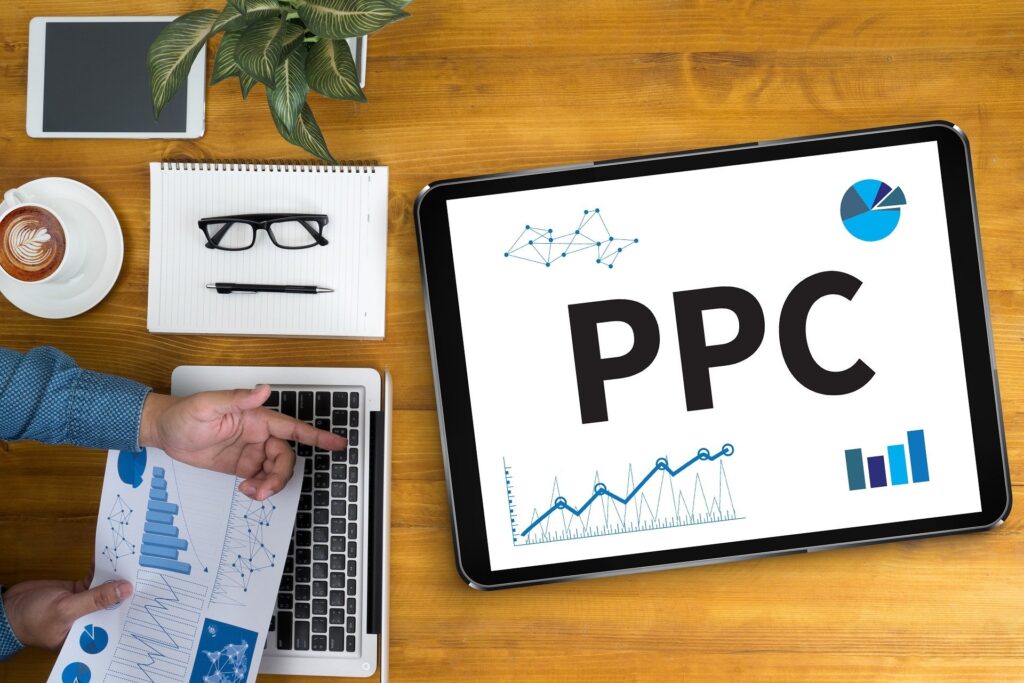Pay-Per-Click (PPC) advertising has become one of the most effective digital marketing strategies for businesses of all sizes. However, running a successful PPC campaign requires more than just setting up ads. It demands careful planning, constant optimization, and a deep understanding of your audience. In this article, we’ll explore what PPC campaign management is, why it’s important, and how you can manage your campaigns effectively to achieve the best return on investment (ROI).
What is PPC Campaign Management?
PPC campaign management refers to the process of overseeing and optimizing pay-per-click advertising campaigns on platforms such as Google Ads, Bing Ads, and social media channels like Facebook or LinkedIn. Businesses pay a fee each time their ad is clicked, making it a cost-effective way to drive targeted traffic to their websites.
Effective PPC management includes activities like:
-
Selecting the right keywords
-
Creating compelling ad copy
-
Setting budgets and bids
-
Monitoring performance metrics
-
Adjusting strategies to improve ROI
Without proper management, your ads may fail to reach the right audience or could become too expensive without delivering meaningful results.
Why is PPC Campaign Management Important?
A well-managed PPC campaign can:
-
Increase Visibility: PPC ads appear at the top of search engine results, giving your business immediate exposure.
-
Drive Targeted Traffic: You can target specific keywords, demographics, and locations, ensuring your ads reach the right audience.
-
Provide Measurable Results: Unlike traditional marketing, PPC gives you real-time insights into performance metrics such as clicks, impressions, and conversions.
-
Control Costs: With the right management, you can control your ad spend and only pay for actual clicks.
Poorly managed PPC campaigns can waste money, deliver low-quality traffic, and hurt your overall marketing goals.
Steps for Effective PPC Campaign Management
Managing a PPC campaign involves several steps that ensure your ads perform optimally. Let’s go through them one by one.
1. Set Clear Goals
Before launching your PPC campaign, define what you want to achieve. Common PPC goals include:
-
Increasing website traffic
-
Generating leads
-
Boosting sales
-
Enhancing brand awareness
Having clear goals helps you structure your campaign effectively and measure its success.
2. Conduct Keyword Research
Keywords are the foundation of PPC advertising. Use tools like Google Keyword Planner or SEMrush to find relevant keywords for your business. Focus on:
-
High-Intent Keywords: These indicate that the user is ready to buy (e.g., “buy running shoes online”).
-
Long-Tail Keywords: Longer phrases with lower competition can deliver better ROI.
-
Negative Keywords: These help you avoid showing your ad for irrelevant searches.
3. Create Compelling Ad Copy
Your ad copy should grab attention and encourage users to click. Effective ad copy includes:
-
A clear headline
-
Strong call-to-action (e.g., “Shop Now,” “Get a Free Quote”)
-
Relevant keywords
-
Unique selling points (e.g., discounts, free shipping)
Also, ensure that your ad matches the intent of the search query.
4. Optimize Landing Pages
A well-designed landing page is essential for conversions. If users click your ad but the landing page is slow, confusing, or irrelevant, they’ll leave without taking action. Make sure your landing page:
-
Loads quickly
-
Has a clear and relevant headline
-
Includes a strong call-to-action
-
Provides value (e.g., detailed product info, special offers)
5. Set a Budget and Bidding Strategy
Decide how much you’re willing to spend per day or per campaign. Then, choose a bidding strategy based on your goals:
-
Manual Bidding: Gives you full control over bids.
-
Automated Bidding: Lets the platform optimize bids for you based on your set goals.
Start small, monitor results, and scale up as you see positive ROI.
6. Monitor and Analyze Performance
Tracking your PPC performance is crucial. Pay attention to key metrics like:
-
Click-Through Rate (CTR): Measures how many people clicked your ad after seeing it.
-
Cost Per Click (CPC): How much you pay for each click.
-
Conversion Rate: The percentage of visitors who completed your desired action.
-
Quality Score: Google assigns this score based on keyword relevance, ad quality, and landing page experience.
Use these insights to identify what’s working and what needs improvement.
7. Optimize and Improve
PPC campaign management doesn’t end after launching ads. Continuous optimization is the key to success. Consider:
-
Adding new keywords
-
Refining ad copy for better engagement
-
Testing different ad formats (text, display, video)
-
Adjusting bids based on performance
-
Pausing underperforming ads
A/B testing is a great way to compare different versions of ads and landing pages to see what performs best.
Common Mistakes to Avoid in PPC Campaign Management
-
Ignoring Negative Keywords: Not adding negative keywords can waste your budget on irrelevant clicks.
-
Not Tracking Conversions: Without tracking, you can’t measure success accurately.
-
Using Broad Match Keywords Only: This can lead to irrelevant traffic and higher costs.
-
Forgetting Mobile Optimization: Many users browse on mobile, so your ads and landing pages must be mobile-friendly.
Conclusion
PPC campaign management is an ongoing process that requires strategic planning, continuous monitoring, and regular optimization. When done right, it can deliver outstanding results, helping you attract the right audience, increase conversions, and maximize your return on investment.
If you’re new to PPC or find it overwhelming, consider using a professional PPC management service. With expert help, you can ensure your campaigns are optimized for success while focusing on growing your business.


